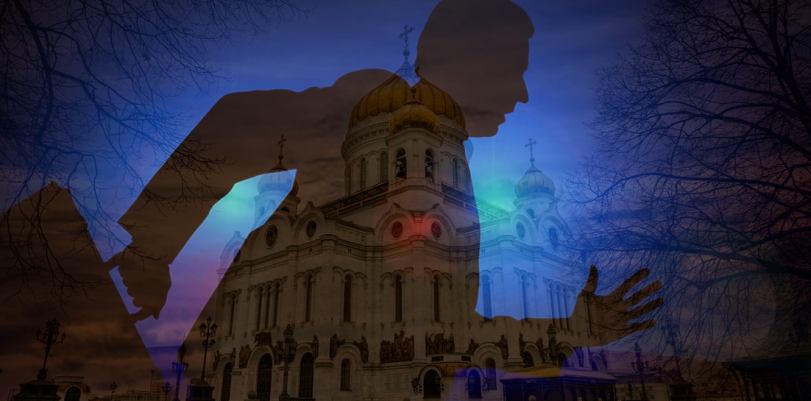Russia just passed a new law today requiring every website to store data on visitors. The law gives the government power to block any website they want, and the law also requires total compliance with the government’s regulations, which means that VPN services and proxies that allow users to unblock websites is breaking the law. This puts huge pressure on Russian VPN companies to bow down to the government and give up logs and user data making them effectively worthless for privacy concerned Russian citizens. So if you’re in Russia, or thinking about visiting, you might be wondering, which VPNs work in Russia that still value anonymity, privacy, and human rights themselves?
Some websites are claiming that “all VPN services” in Russia now agree and comply with the new law placed today in Russia, on November 1st. Mass Media head, Alexander Zharov, explains that most “Russian” VPNs are complying with the law. “Russia has from 25 to 30 proxy and VPN services popular with the population. Among them are cameleo.ru, 2ip.ru and others. They all expressed their readiness to abide by the law, we did not have any misunderstanding in conversation with them. It is clear that there are also hundreds of thousands of small and hand-crafted VPNs – it is not difficult to make such a service, in theory. But the law is targeted, first of all, at the services that are most popular with citizens.”
However, while Russian VPNs are more or less forced to comply or go down in flames, is it the same case with VPNs based OUTSIDE of Russia?
Why are VPNS “Banned” in Russia?
Well the good news is that the law doesn’t apply to “technological purposes” which means that any employees in Russia using VPNs to protect company data can still do so. “In case of receiving a notification from Roskomnadzor companies can apply to law enforcement agencies explaining that VPN service is necessary for their own technological purposes and is used only by a certain number of persons, for example, by employees,” Alexander Zharov stressed.
However, while the law gives some lee-way to tech companies, I would still take this with a grain of salt. Additionally, why do tech companies get the “go ahead” while every other user is automatically treated like a criminal? What happened to innocent until proven guilty? So much for privacy right?
Just because “technological VPN” use is allowed, doesn’t mean that the Russian government won’t try to monitor and control communications in that sector either. Like China, Russia wants to completely control the internet in every sector.
While Russia uses the guise of “combating terrorism”, the end game is much more complex. In China, the government crushes any political activism or anti-propaganda campaigns, and a large amount of time, companies are affected by internet outages, blocks, and other forms of censorship. We’ve also seen similar cases of technology companies being affected by censorship regimes, like in Egypt.
Working VPNs in Russia?
Unfortunately, one of our recommended VPNs (Private Internet Access) has already pulled out their Russian servers last year. With that in mind, I can only recommend one VPN–that being TorGuard, as a viable and safe VPN option for Russia. In fact, they only just posted yesterday about how they don’t plan to comply with Russian authorities. There has also been other instances in the past where they have made a strong stance, where we covered the issue.
